Attract and Retain Top Talent
Today’s employees demand more than good pay. They expect opportunities for career progression and will leave if they find them somewhere else.
Losing and then having to replace your best talent is an expensive overhead in terms of time, money and even team morale. That’s why we help organizations to create compelling career journeys that match the aspirations of their employees.
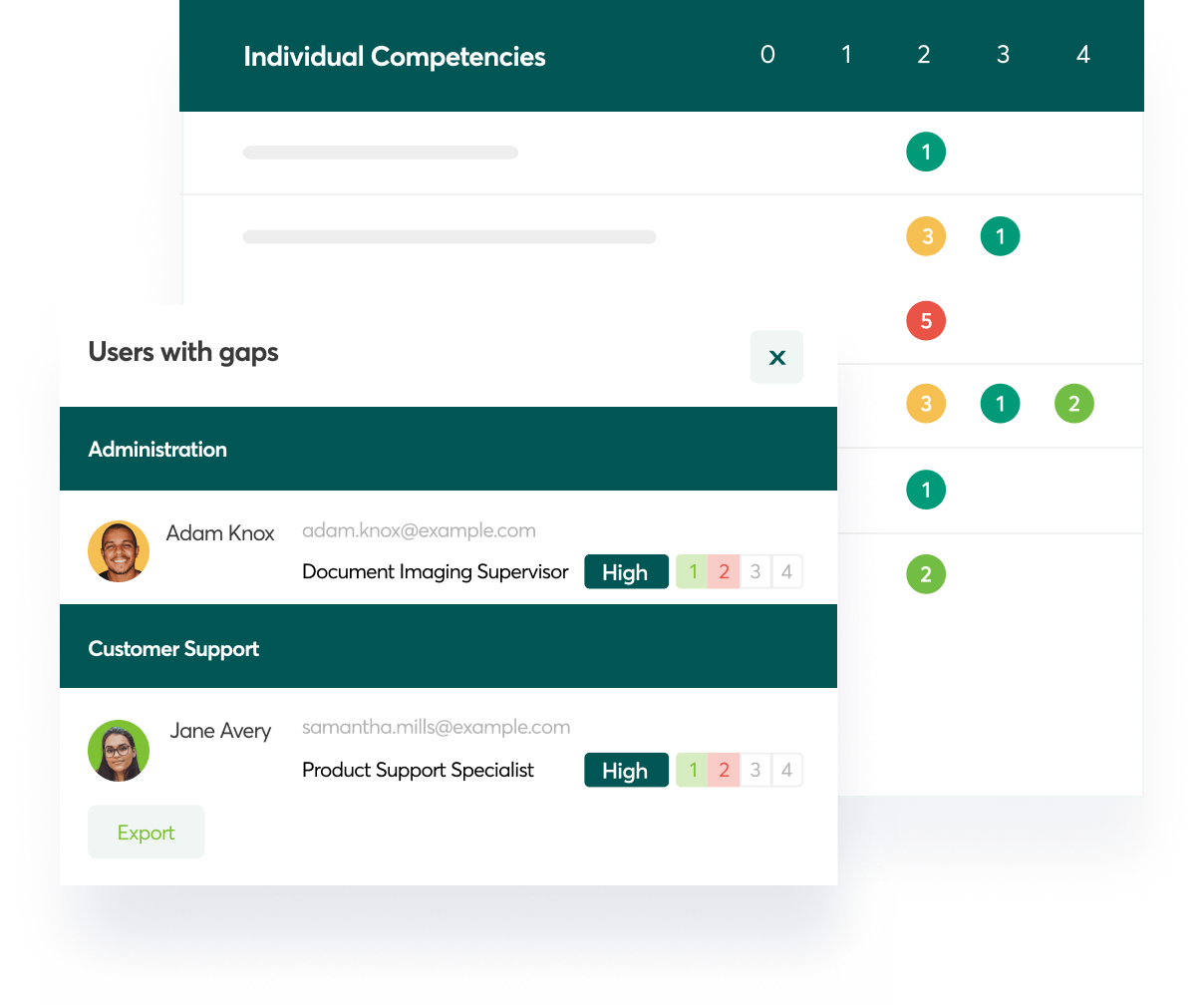
Did you know?
21% of millennials say they’ve changed jobs within the past year, which is more than three times the number of non-millennials who report the same. (Gallup, 2023)
Gallup also estimates that millennial turnover costs the U.S. economy $30.5 billion annually. (Gallup, 2023)
Can't find an answer you're looking for? Get in touch to
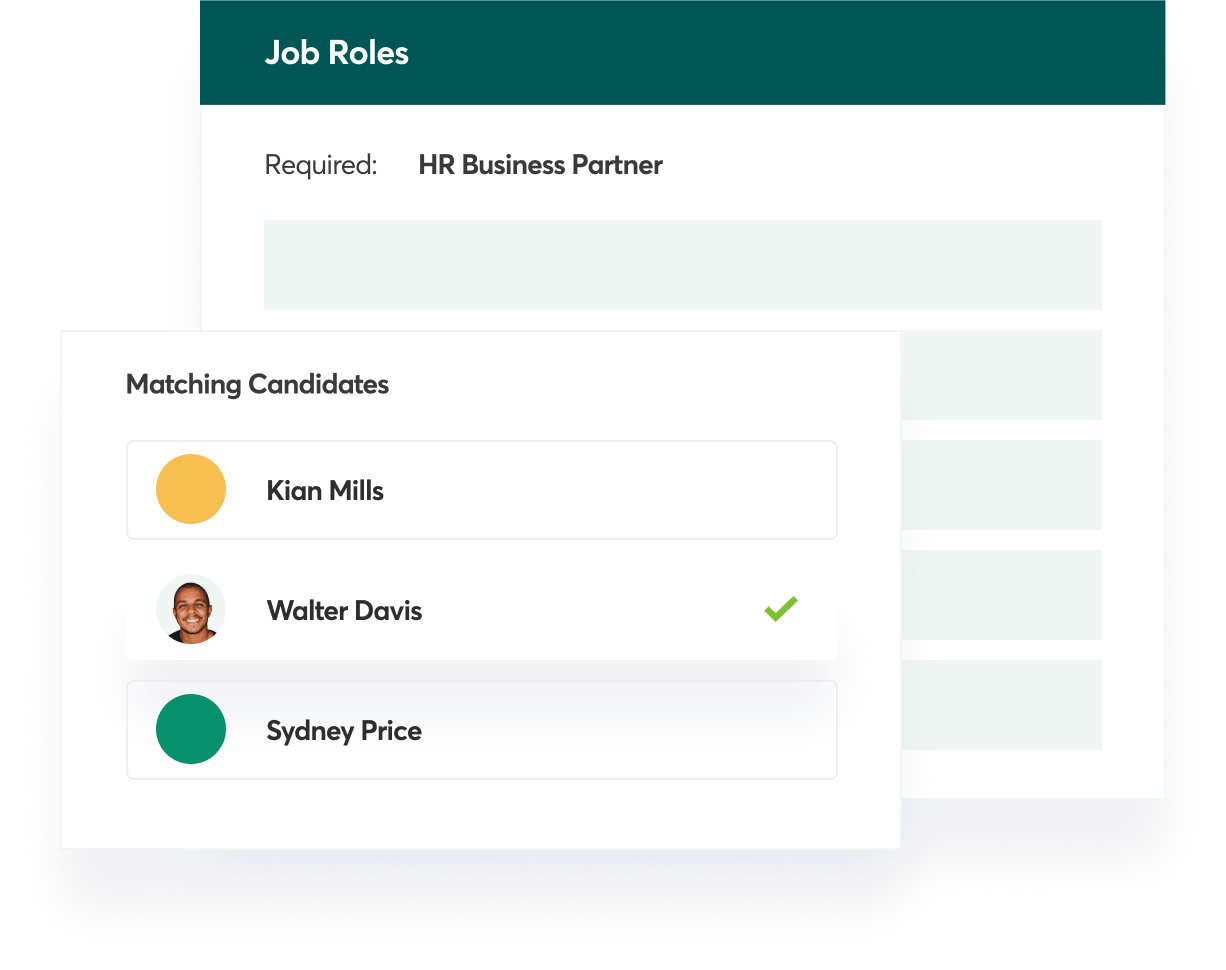
High turnover rates are often driven by a lack of career development opportunities and clear pathways for progression. Many employees leave their jobs because they feel their growth is stunted and their potential is unrecognized. Without visible and accessible routes of career progression, employees will seek opportunities elsewhere, leading to increased turnover. By addressing these issues and providing structured career pathways, organizations can significantly reduce turnover and foster a more committed and engaged workforce.
Career progression is about more than just a checkbox exercise. It’s about helping employees to recognize the opportunities for growth in your organization and aligning those goals with their aspirations, so that they just won’t want to leave.
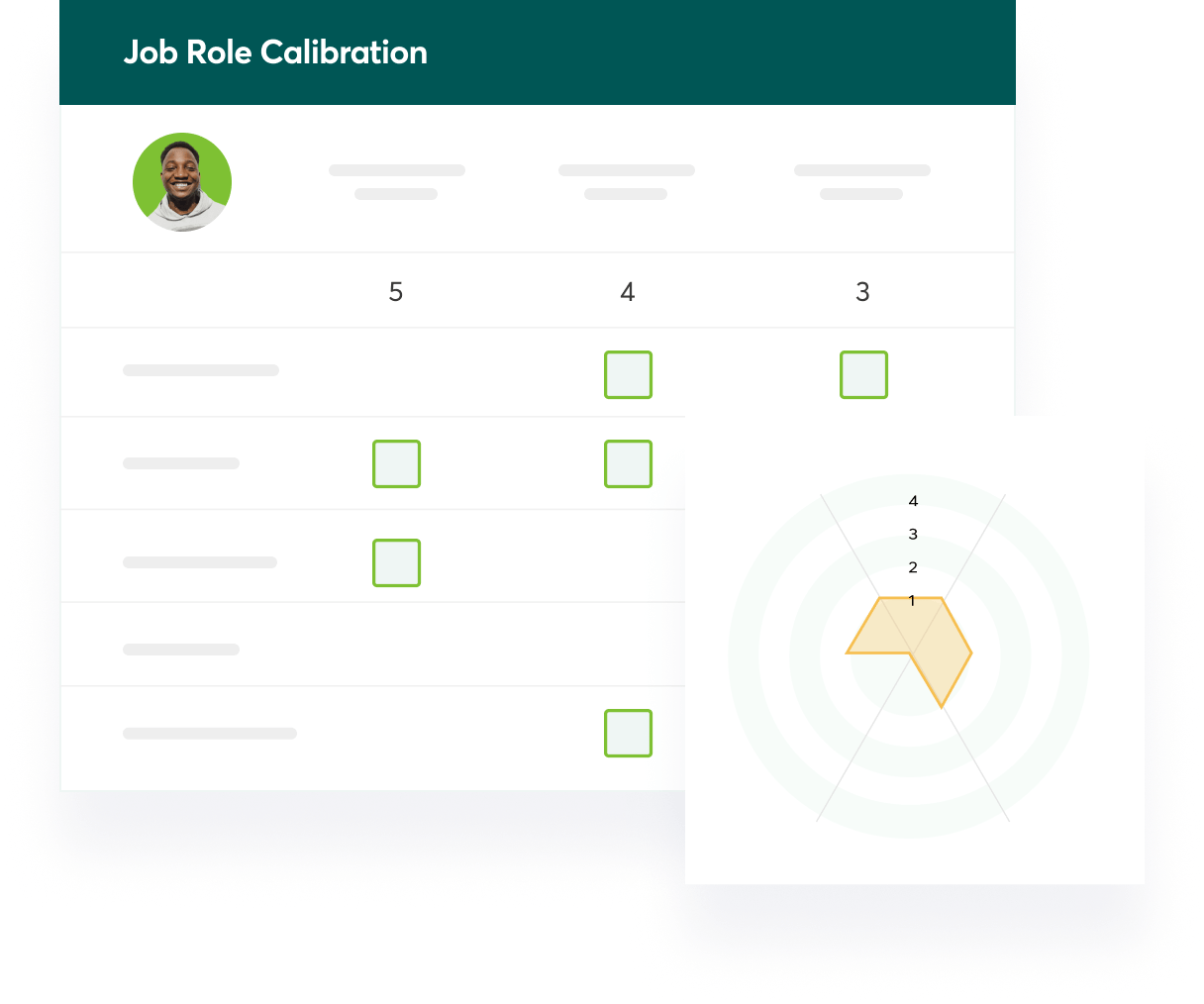
Why Career Pathways Matter
To help your employees be part of your growth as an organization, they expect:
- To take ownership of their personal career pathway and look to their employer to support their journey.
- To be recognized for their current skills and capabilities through competency assessments and skills gap analysis.
- Visibility into roles across the organization that leverage their skills, supported by internal talent marketplaces and skills-based job descriptions.
- Access to development opportunities and resources to improve existing skills and develop new ones through reskilling and upskilling initiatives and skills-based learning.
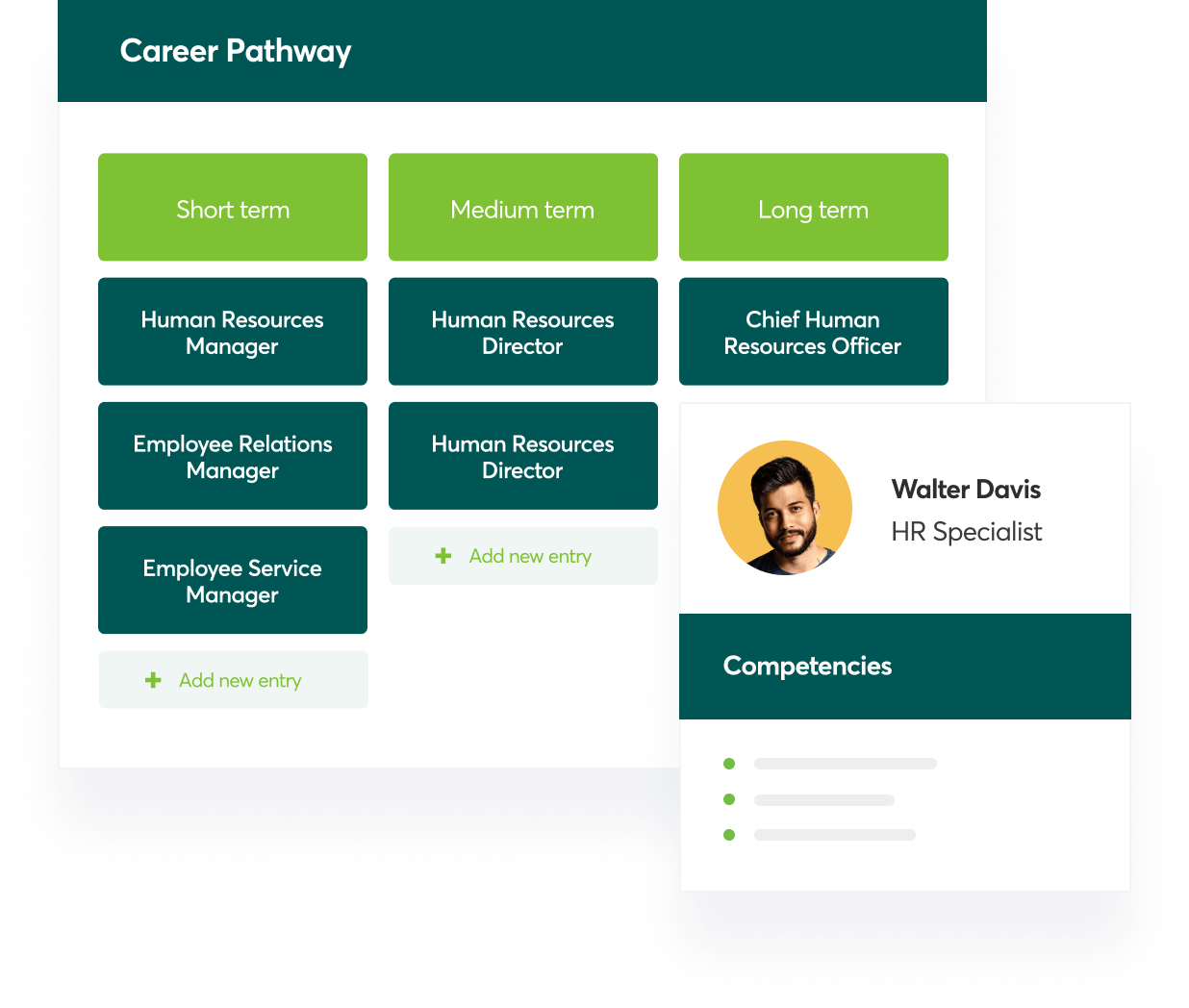
Attract and retain the best talent as a skills-first organization. Skills-based career pathways give employees the guidance and support they want.
Unlock the Future: Skills-based Career Pathways
Give employees visibility into what skills they need to progress so they can own their personalized career journey and reach their potential.
- Make Career Pathways Discoverable and Actionable: Ensure employees have access to career development tools and individual development plans.
- Support Development Conversations: Give managers the tools to lead better development discussions.
- Build Your Organization From Within: Foster a culture that celebrates internal mobility and utilizes internal talent marketplaces.
- Align Skills to Jobs: Calibrate skills across jobs to build a job architecture that incorporates career paths and empowers employees to explore roles based on skills, not just job titles or qualifications
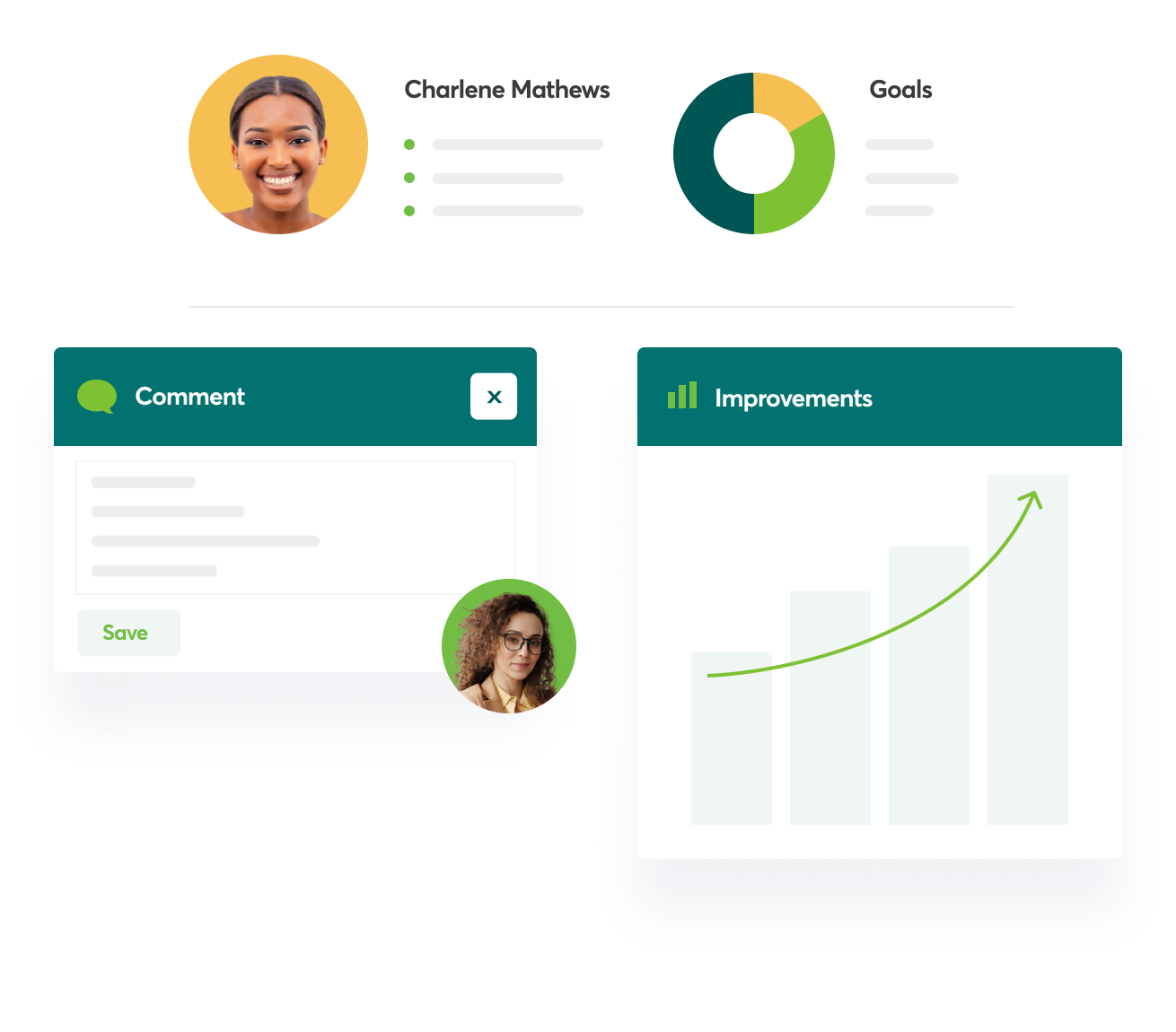
Fulfill employee expectations. Develop their careers. Build a committed workforce. Reduce staff turnover.
The Lexonis Advantage
With Lexonis software, you can empower employees to take charge of their personal career path and help them build their future within your organization.
- Unlock Potential: Lexonis offers an innovative platform with the tools and insights needed to create a thriving, skills-driven environment.
- Understand Your Workforce: Gain a clear view of the skills landscape within your organization. Equip HR managers with robust skills assessments and competency frameworks to identify strengths and skills gaps in your workforce.
- Develop Skills: Empower employees with personalized development plans. Lexonis helps you design impactful training programs based on real data.
- Utilize Advanced Analytics: Our platform provides actionable insights that help you align talent management practices with business objectives.
- Foster Career Growth and Retention: Promote a culture of continuous learning and development where employees can see clear career pathways and take charge of their professional development.
Upskill. Reskill. Hire.
It’s time to invest in your workforce, reduce the overheads of a high staff turnover and increase your productivity.
FAQs
What is a Career Pathway?
A career pathway is a structured approach to career development that outlines the potential progression from entry-level roles to advanced positions within an organization. It maps out the required skills, competencies and experience needed for employees to advance their careers.
How do skills-based career pathways differ from traditional career progression models?
Skills-based career pathways differ from traditional models by focusing on specific skills and competencies rather than merely on job titles, years of experience or qualifications. While traditional models often emphasize hierarchical progression and time-based promotions, skills-based pathways prioritize the development of critical skills and competencies needed for each role and promote talent mobility within the organization, leading to a more agile workforce.
How can Lexonis help me?
Lexonis can improve your career development strategy by providing a comprehensive skills intelligence platform. Our tools help you create skills-based job descriptions, conduct skills assessments that engage your employees and develop personalized career pathways.
By adopting our AI-enabled solutions to create your job profiles, you can accurately identify skills gaps, design targeted learning and development programs, and implement effective talent management strategies to ensure your employees’ growth aligns with organizational goals.
How do I improve my staff retention?
To improve staff retention, focus on creating a robust career development framework that emphasizes skills growth and personalized development plans. Implement skills assessments to identify and address skills gaps, and offer targeted learning and development opportunities that align with employees’ career aspirations. By providing clear career pathways and using a competency-based approach, you can create a more engaging work environment and demonstrate a commitment to employees’ long-term success.
How do skills and skill assessments work with career pathways?
Skill assessments play a key role with career pathways by providing the tools needed to evaluate and develop employees’ skills. Skill assessments help identify current skill levels and gaps. Skill or competency frameworks play a critical role in describing required skills and behaviors for successful performance in each role. Together, they ensure that career pathways are aligned with both organizational needs and individual development goals, enabling more effective career progression planning and other talent management initiatives.